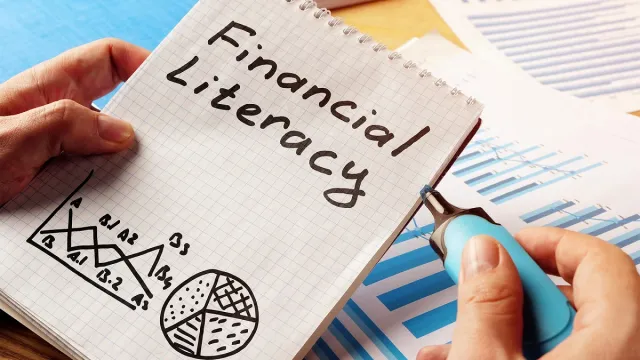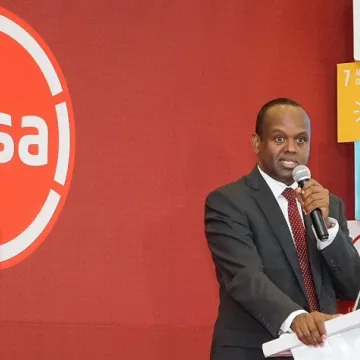Empowering Africa’s future while driving social change through financial literacy

Financial literacy must be responsive to the diverse needs of society. Whether it is young people transitioning into employment, women running small businesses, or persons living with disabilities, tailored support can make a measurable difference in outcomes.
Financial Literacy Month, marked every April, serves as a timely reminder of the importance of informed financial decision-making. But beyond the calendar, financial literacy is a continuous journey that must begin early and be nurtured across all stages of life.
In today’s world, access to financial knowledge is closely linked to broader outcomes such as inclusion, equity, and sustainable growth. When individuals are financially literate, they are better equipped to participate productively in the economy, make informed choices, and contribute to stronger communities.
Over the years, institutions continue to invest in the empowerment of individuals and communities by focusing on deliberate inclusion and access. The Absa Kenya Foundation, for instance plays a central role in this commitment.
Its work spans four key areas: entrepreneurship, education and skills, natural resource management, and health and humanitarian relief. These pillars are designed to support progress that is both inclusive and sustainable.
A significant part of that progress comes through financial literacy. The Foundation’s approach goes beyond classroom learning to include practical and sustainable forms of education. This includes digital and financial skills training, business development support, and mentorship. Through initiatives such as Wezesha Biashara, entrepreneurs are equipped with tools to manage and grow their businesses.
The Ready to Work programme has also played a key role in preparing young people for the world of work, with over 250,000 beneficiaries gaining essential skills in financial planning, career development, and digital readiness. At the same time, scholarship programmes are complemented with career guidance, mentorship, and workplace exposure to ensure students are prepared for life beyond school.
As the financial services industry evolves, so does the need for partnerships that prioritise inclusion. Encouraging efforts across the country from civil society, government agencies, and private sector actors continue to promote financial literacy at scale. These efforts are essential not only in addressing knowledge gaps but also in helping to reduce long-term dependency and build capacity at the grassroots.
Financial literacy must also be responsive to the diverse needs of society. Whether it is young people transitioning into employment, women running small businesses, or persons living with disabilities, tailored support can make a measurable difference in outcomes. It is this kind of targeted and people-centred investment that enables real progress.
As we mark Financial Literacy Month, it is worth reflecting not just on the progress made, but on how we can broaden the impact. The task ahead calls for stronger collaboration, context-specific solutions, and long-term thinking. Whether in policy, education, or enterprise support, financial literacy must remain a shared priority because when people are empowered with knowledge, the results speak for themselves.





